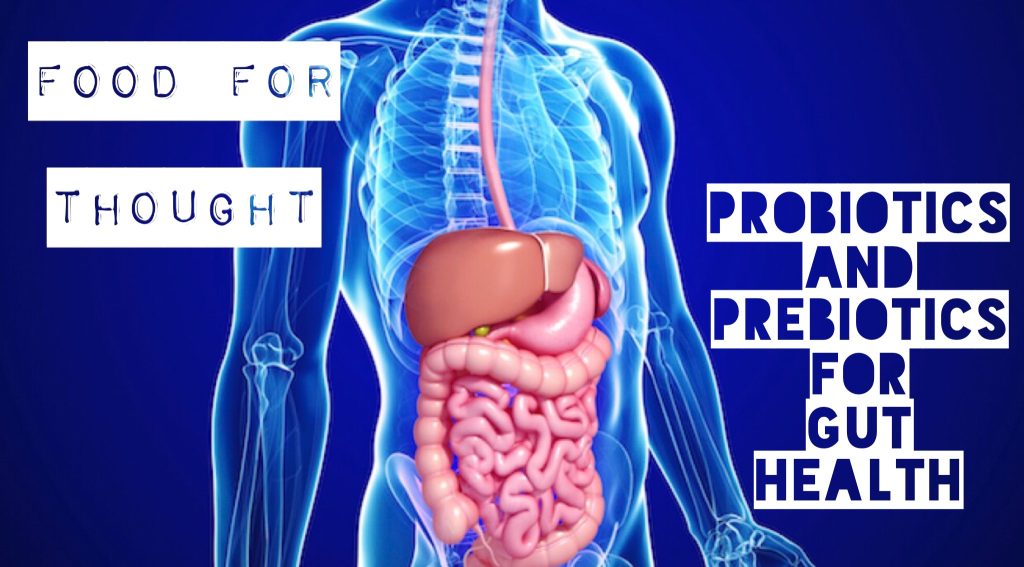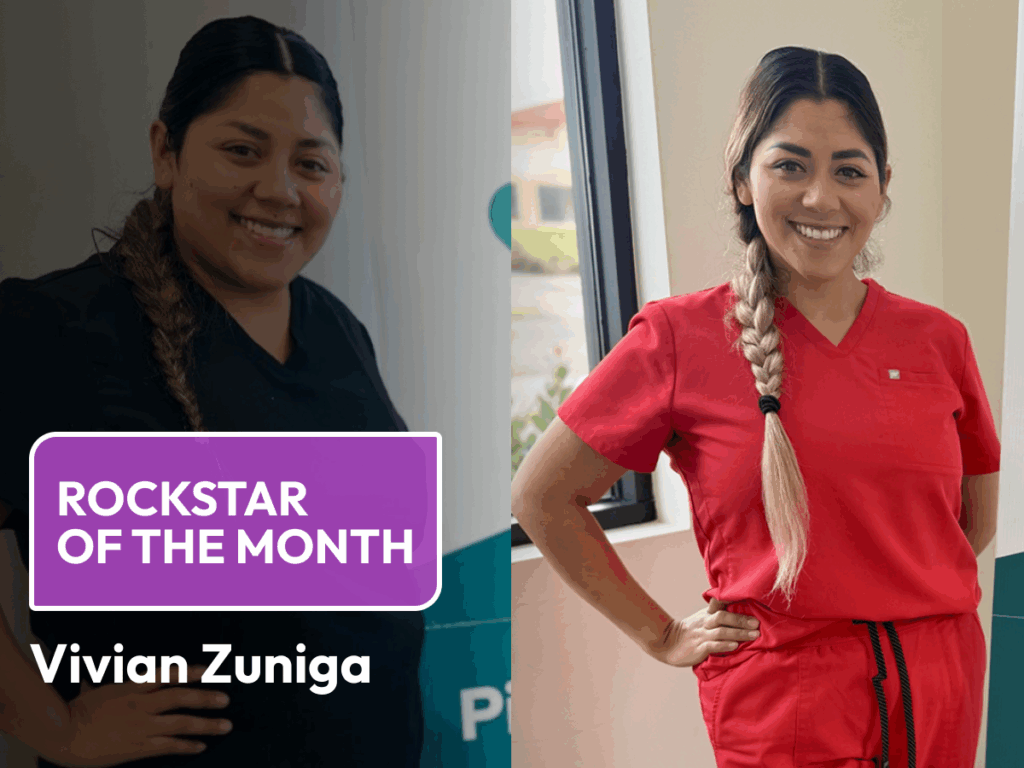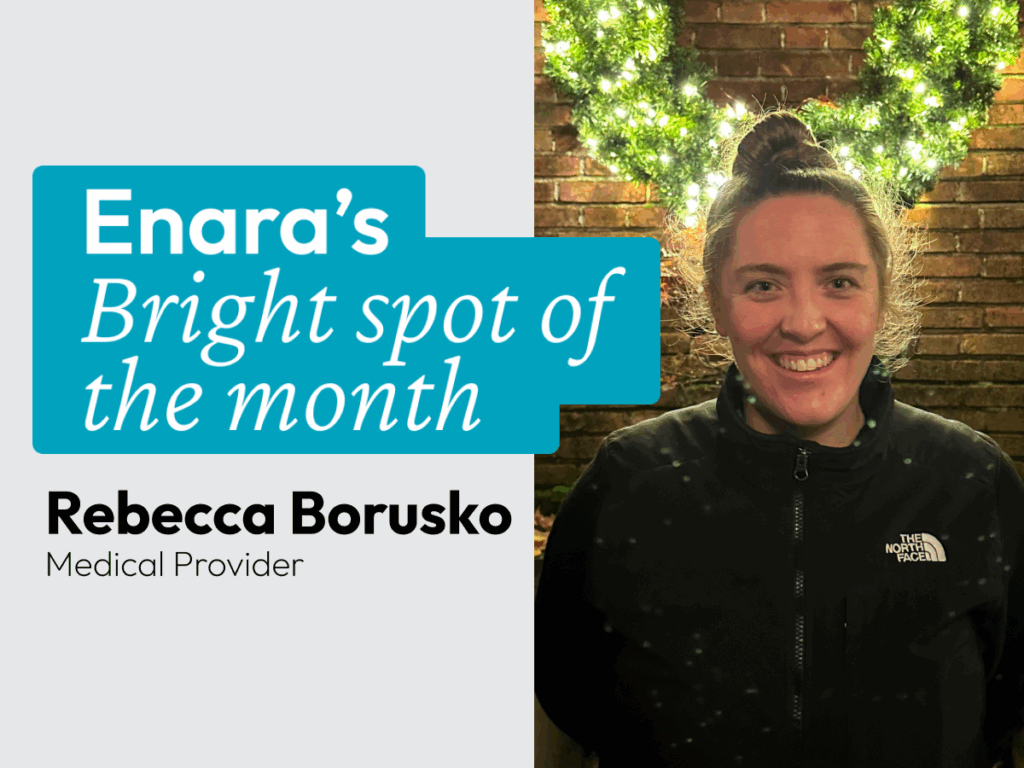As gut health becomes an ever more popular topic, our clients often ask, “What are probiotics? And what about prebiotics? Should I be taking a probiotic supplement?” Today’s food for thought will seek to answer just that.
Probiotics are the beneficial bacteria that reside in our gut. They are living organisms that can help aid in digestion, immune function, and may even be indicated in reducing the risk of some diseases. Prebiotics, on the other hand, are dietary fibers that help feed and promote these friendly bacteria.
Probiotics can be found in many healthy foods, such as yogurt, kefir, tempeh, miso, sauerkraut, kim chi, and other fermented foods. If buying a supplement, look for one that is refrigerated (remember they are living organisms) and has at least 5-10 billion strains per servings. Look for these particular strains on bottles when choosing a supplement: Lactobacillus GG, acidophilus, bifdobacteria, and s. Boulardi, as they are backed by the most research showing health benefits. Prebiotics can be found in many high fiber foods such as whole grains, bananas, onions, garlic, soybeans and artichokes. They are also sometimes added to foods to increase the fiber content, often in the form of inulin.
Do you need a probiotic supplement? Although a lot more research is needed, probiotics have been indicated to help with digestive disorders such as diarrhea and IBS, aid with helping to restore healthy bacteria to the gut after taking medications such as antibiotics, and can be helpful with keeping your immune system strong. Probiotic supplements are generally very safe and offer few sides effects. But even if you don’t want to take a supplement, you can always start incorporating more probiotic and prebiotic foods into your daily diet. Try adding a little banana to your morning yogurt, putting sauerkraut or kim-chi in a salad, or making a stir-fry with tempeh and artichokes. Whole, delicious food is always the best first line of defense for a healthy gut!



